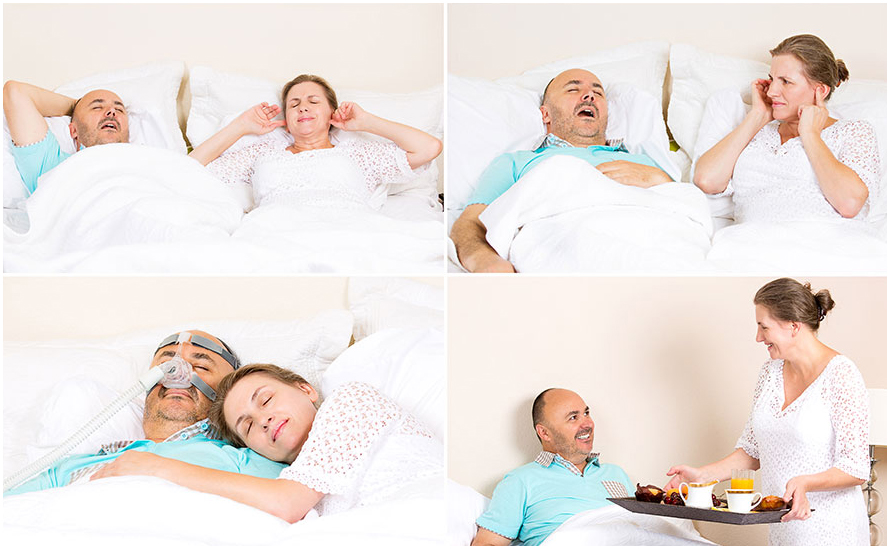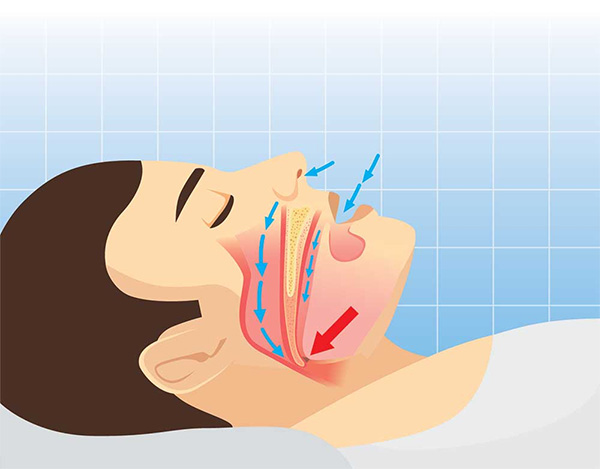The Difference Between Snoring and Sleep Apnea
There’s a lot of confusion about snoring and sleep apnea. Heavy snoring is a common symptom of sleep apnea, but snoring and sleep apnea are not the same thing. Snoring is a sound caused by the vibration of tissue that occurs during sleep. It can disturb your sleep mate and interfere with their ability to get a good night’s sleep. The good news is that Dr. Jim Beck in Pueblo offers effective, noninvasive treatments for snoring.
Although sleep apnea is usually accompanied by snoring, it’s a much more serious medical condition. Sleep apnea is the stoppage of breathing which occurs several times at night while you sleep. Unfortunately, most people who suffer from sleep apnea don’t even realize they have it.
Untreated sleep apnea is linked to a number of hazardous medical conditions, including strokes, heart disease, and high blood pressure. If you think you might be suffering from sleep apnea, it’s essential to visit Dr. Jim Beck right away. We’ll make sure you get the right diagnosis and the treatment you deserve.


What Causes Obstructive Sleep Apnea?
The overwhelming majority of sleep apnea cases fall into the category of Obstructive Sleep Apnea (OSA). This means that there’s an obstruction that occurs somewhere between the nasal passage and the lungs which blocks the patient’s airflow. As the chest pulls harder to suck air into the lungs, the tissue seals. This causes a complete stoppage of breathing and the patient’s oxygen level begins to drop.
When the brain recognizes the drop in oxygen, it wakes the patient who resumes breathing again. This is usually accompanied by loud gasping noises as the patient begins to breathe normally again.
Although this cessation of breathing occurs several times during the night, the patient might not remember it. That’s because instead of waking completely, the patient often comes out of deep sleep into a shallower level of sleep. That’s why your sleep partner is commonly the first person to notice the nighttime symptoms of sleep apnea.
The Consequences of Untreated Sleep Apnea
Millions of Americans suffer from sleep apnea and they don’t even realize it. But it causes a great deal of stress and strain in your life. The daytime symptoms include depression, irritability, and chronic fatigue.
People who suffer from sleep apnea are likely to be tired and less productive at work. Their daytime sleepiness also makes apnea sufferers more likely to be the victim of dangerous automobile accidents. People who share a bed with apnea sufferers can be awakened several times during the night as well by their partner’s snoring and gasping noises. As a result, they can often suffer many of the same negative daytime effects as their partners.

